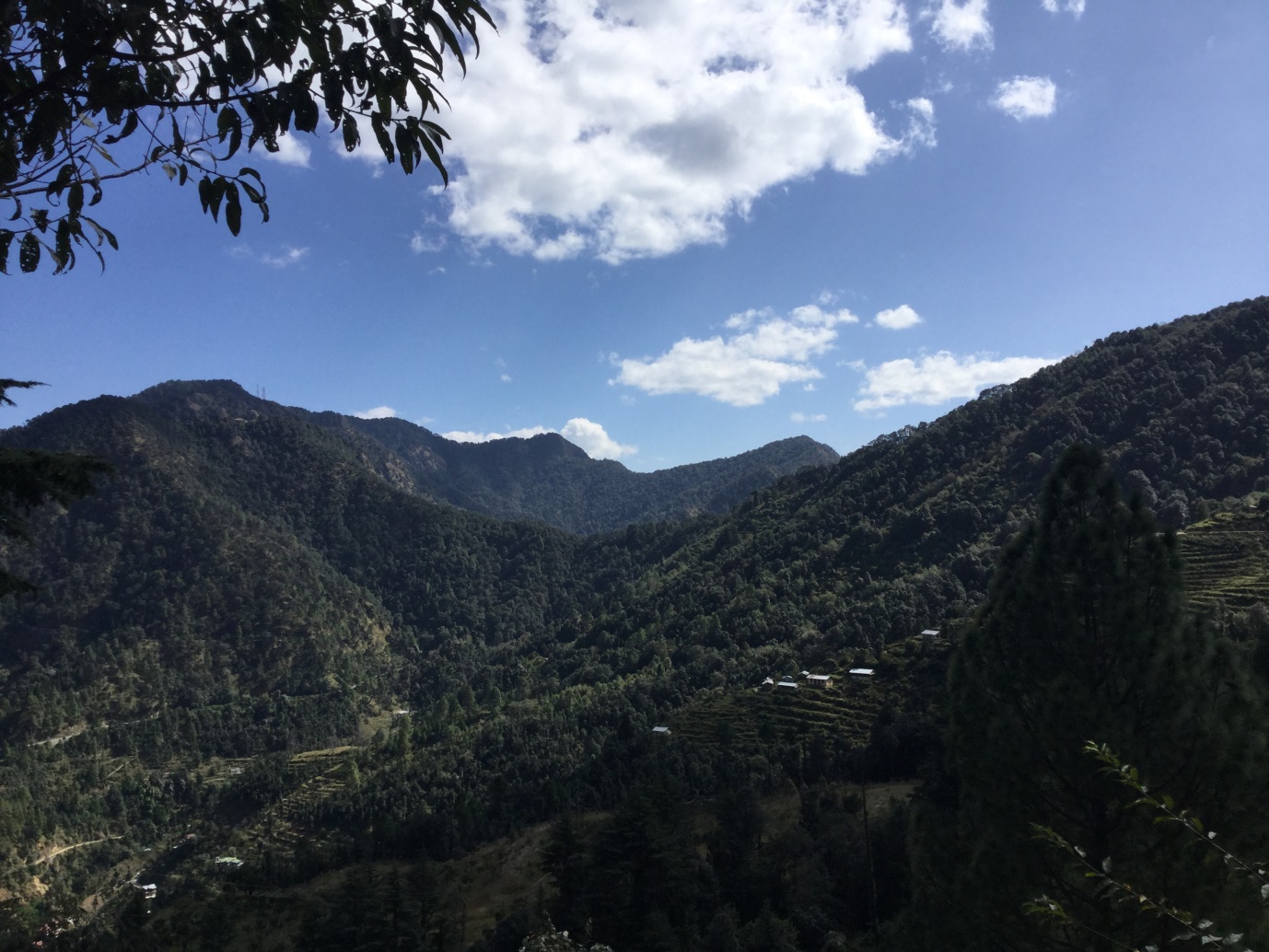More than 500 farmers and environmentalists are protesting against the Greenfield Salem Chennai expressway project because of ecological and monetary reasons.
Chandreyee Goswami
[supsystic-social-sharing id=’5′]
The 277.3 km eight-lane highway which connects Salem with Chennai is supposedly going to cut considerable travel time between the two cities.

It is centrally funded and comes under Bharatmala Pariyojana which aims at improving connectivity infrastructure. In October, the centre approved the phase-1 of the Bharatmala project considered as one of India’s biggest highway development plan which would “improve the efficiency of freight movements in country”.
The Salem-Chennai project has received massive backlash from farmers whose lands fall along the 277 km-long stretch. The atrocity does not end with the woes of the farmers alone as the expressway is also to pass through 11 reserved forests and will require about 2791 hectares of land.
According to the report of minutes of 189th meeting, 6,400 trees are to be cut for the proposed road. Considering the fact that the report only talks about 13 kms of land that will be affected, deforestation of only 6,400 trees is a gross understatement.
The report submitted by the Feedback Infra Pvt.Ltd who is providing consultancy services to the National Highways Authority of India(NHAI)points that a total of 2,791 hectares of land will be acquired from five districts— Kanchipuram, Thiruvanamalai, Krishnagiri, Dharmapuri and Salem, of which, a maximum of 1,229 hectares would be acquired from Thiruvanamalai district.
However, environmentalists estimate that the loss could be much higher as the green field highway would also cut through eight reserved forests— Siruvanjur, Nambedu, Alialamangalam, Anandavadi, Ravandavadi, Manjavadi ghat & Pallipatti extension, Jarugumalai and Sorakolathur.

The Chief Minister said that only 1,900 hectares of land has to be acquired for the new green field expressway as compared to the 2,400 hectares for widening the existing roads. But, the report states: “the total land to be acquired is 2,791 hectare, consists of agricultural land, community land under corporation, panchayats, various structures of public interest, residential structures and residential plots, public utilities and others.”
In this context, the farmers are facing a threat to their source of only livelihood which is the agricultural lands. One point of contention for the farmers on the stretch of the proposed expressway is that of compensation for the land. For most, if not all farmers, the trees or crops that grow on their farmlands are the only means of their livelihood.
Besides, it is also a question of the approach towards development. The expressway will surely bring a new terrain in the transportation sector of the country but at what and who’s cost? Will it lead to development for all or majorly for the affluent section? Besides, is there any plan to compensate the loss that it will incur to the nature in terms of replantation drive?
And most important, when such plans are being prepared and laid down, why all the stakeholders are not being consulted including the farmers. Is it really very difficult to do so or is it a matter of giving consideration based on one’s social and economic position and not on egalitarian principles?














